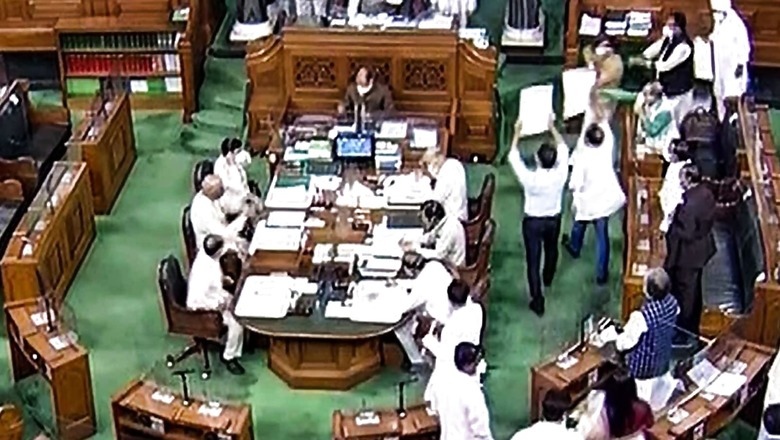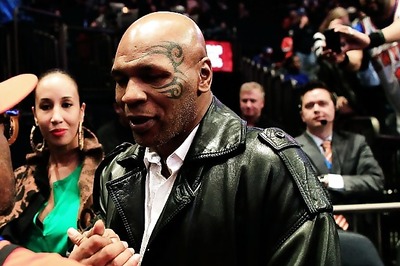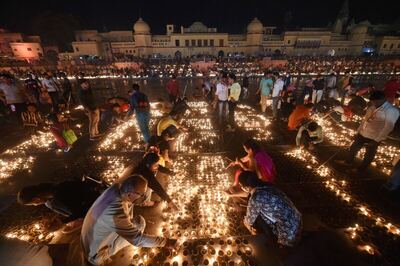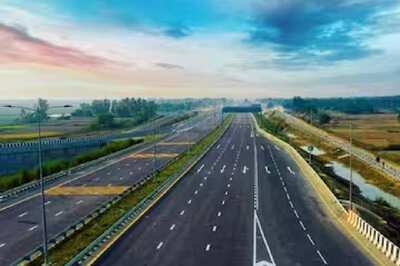
views
The government had clarified in Parliament earlier that a law brought in 2018 did not stop states from having their own list of Other Backward Castes (OBCs) but still a new law is being brought now to “adequately clarify” the same and “maintain the federal structure of the country”, the government has said in a ‘Statement of Objects and Reasons’ for bringing the Constitution (127th Amendment) bill in Parliament on Tuesday.
The “legislative intent” of the the law passed in 2018 was to only deal with the Central list of OBCs while recognizing that states can have their own list, the ‘statement’ mentions about the new bill that was introduced in Lok Sabha on Monday and will be discussed on Tuesday. Four hours are expected to be devoted for a discussion on this crucial bill to restore the power of states to have their own OBC lists after the Supreme Court struck down Maratha reservation, saying states had no power to have their OBC lists.
Parliamentary Affairs Minister Prahlad Joshi and Leader of the Opposition Adhir Ranjan Chowdhury — after the Opposition agreed to pass the bill amongst the Pegasus stand-off — will move a motion in Lok Sabha on Tuesday, saying the House agrees with the report of Business Advisory Committee to allot four hours for consideration and passing of Constitution (127th Amendment) bill. The OBCs are known as social and educationally backward classes (SEBCs).
This was after the government had brought the Constitution (102nd Amendment) Act in 2018 inserting three new articles into the Constitution. “The legislative intent at the time of passing of the Constitution (102nd Amendment) Act, 2018 was that it deals with the Central List of the socially and educationally backward classes (SEBCs).
It recognises the fact that even prior to the declaration of the Central List of SEBCs in 1993, many States and Union territories are having their own State List or Union territory List of OBCs. The same was clarified in Parliament that the States and Union territories may continue to have their separate State List/Union territory List of SEBCs.
The castes or communities included in such State List or Union List of Backward Classes may differ from the castes or communities included in the Central List of SEBCs,” says the ‘Statement of Objects and Reasons’ of the new bill that was introduced on.
It adds that “although since 1993, there always existed separate lists of the Central Government and that of the State Governments and UTs, a question has arisen after enactment of Constitution (102nd Amendment) Act, 2018 as to whether said amendments to the Constitution mandated for a single Central List of SEBCs specifying the SEBCs for each State, thereby taking away the powers of the State to prepare and maintain a separate State List.”
The ‘statement’ says that hence the new bill seems to achieve the objectives of “adequately clarifying” that the State Government and Union territories are empowered to prepare and maintain their own State List or Union territory List of SEBCs. “With a view to maintain the federal structure of this country, there is a need to amend article 342A and make consequential amendments in articles 338B and 366 of the Constitution,” the statement says.
The new law will amend Section 342A saying that notwithstanding anything contained in the other clauses, “every State or Union territory may, by law, prepare and maintain, for its own purposes, a list of socially and educationally backward classes, entåçries in which may be different from the Central List.’
Read all the Latest News, Breaking News and Coronavirus News here.

















Comments
0 comment